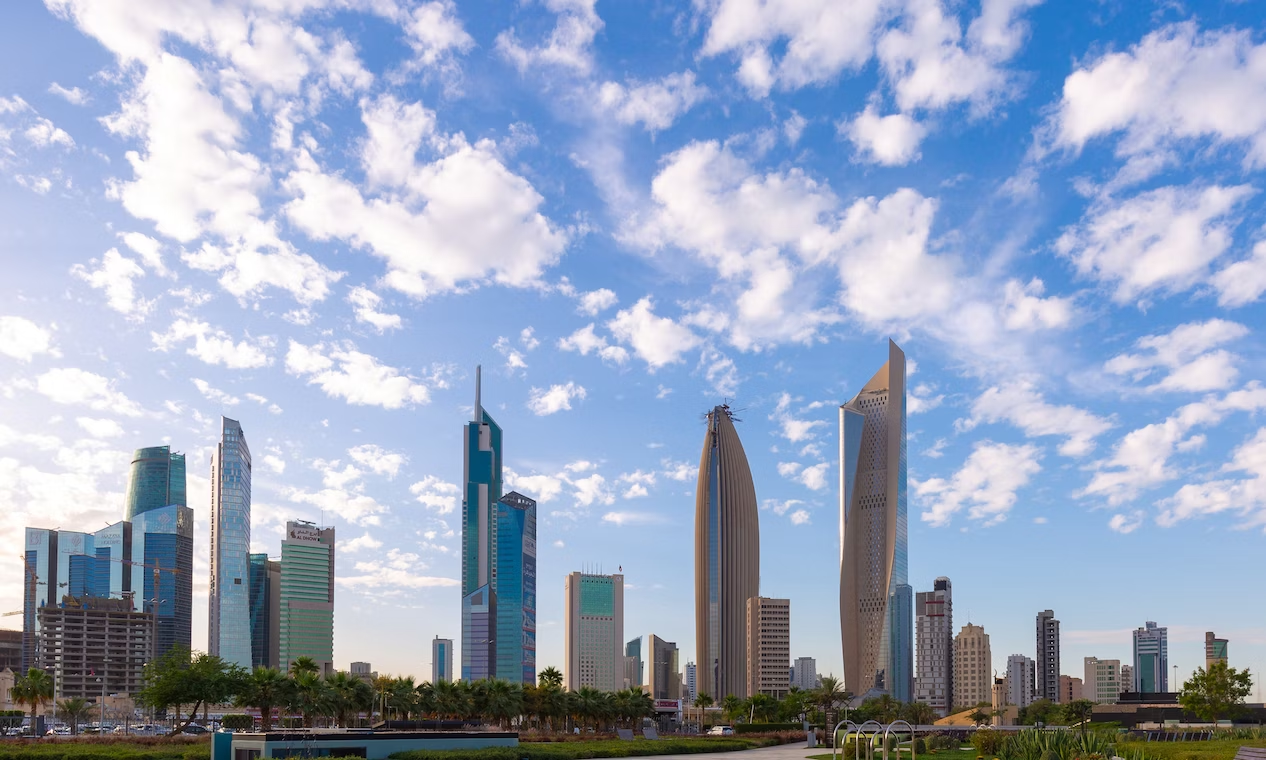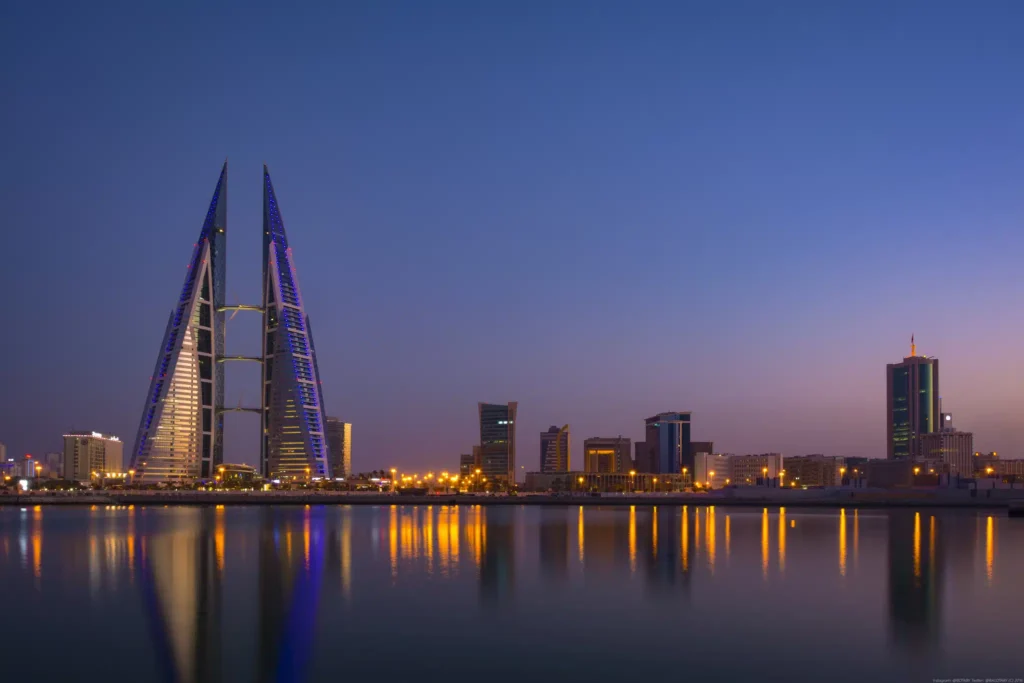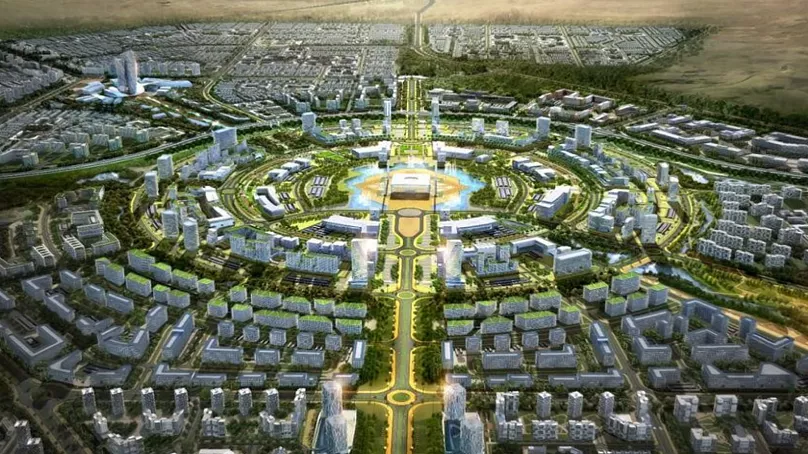Kuwait has officially stepped into the future. The Gulf nation has just announced a massive investment of $1.2 billion in smart city infrastructure projects—one of its boldest moves yet to improve urban living, boost sustainability, and create a digitally connected future for its citizens.
This major investment is not just about fancy technology or high-rise buildings. It’s about making life smarter, easier, and more sustainable for everyone living in Kuwait. From intelligent transportation systems and green energy to AI-powered services, Kuwait is preparing to change how people experience city life.
Let’s take a closer look at what this investment means, where the money is going, and how it will reshape Kuwait for years to come.
What Is a Smart City?
Before diving into the details, it’s important to understand what a smart city actually is.
A smart city uses technology, data, and the Internet of Things (IoT) to improve the quality of life for residents. This can mean smarter traffic control, energy-efficient buildings, automated public services, waste reduction, and faster emergency responses. Everything in a smart city is connected and runs through a digital system that makes the city more responsive, safe, and efficient.
For Kuwait, this investment means building not just a city—but a modern, intelligent ecosystem that puts people first.
Why Is Kuwait Making This Move?

Kuwait has been talking about modernization for years, but this $1.2 billion commitment shows that it’s ready to take action.
The country is facing challenges such as:
- Rapid population growth
- Urban congestion
- Environmental pollution
- Heavy energy consumption
By investing in smart city infrastructure, Kuwait is hoping to tackle these problems head-on and meet its Vision 2035 goals—a long-term national strategy aimed at turning the country into a global hub for finance, technology, and innovation.
This move also puts Kuwait on the map alongside other Gulf countries like the UAE and Saudi Arabia, which are already making waves in smart city development.
Key Areas of Investment
Kuwait’s smart city plan isn’t just focused on one area. The $1.2 billion will be spread across several key sectors, each designed to create a better and more intelligent city.
1. Smart Transportation
A major portion of the budget will go toward improving public transportation and reducing traffic congestion. This includes:
- AI-driven traffic lights that reduce wait times
- Smart parking systems that guide drivers to available spots
- Electric buses and autonomous shuttles
- Real-time public transit tracking apps
The goal is to make it easier, faster, and greener for people to move around the city.
2. Green Buildings and Energy Efficiency
Kuwait plans to invest in eco-friendly buildings that use less water and electricity, thanks to smart sensors and automation systems. The focus is on:
- Solar-powered homes and offices
- Smart meters that track energy use
- Buildings with climate-control tech
These projects aim to cut down on Kuwait’s carbon footprint and create more sustainable communities.
3. Digital Services and E-Governance
A big part of smart cities is making government services digital and accessible. Kuwait will upgrade:
- Online portals for citizen services
- Digital IDs and automated document processing
- AI-powered chatbots for public inquiries
This will save people time and reduce the need for in-person visits to government offices.
4. Smart Waste and Water Management
To manage its natural resources better, Kuwait will implement:
- Smart bins that signal when they need to be emptied
- AI systems to monitor water leaks and usage
- Recycling and waste tracking systems
This ensures cleaner streets, efficient recycling, and water conservation across cities.
Major Smart City Projects in Kuwait

The $1.2 billion investment will support several flagship smart city developments, including:
South Saad Al Abdullah City
One of the most anticipated projects, this city is being designed as Kuwait’s first official smart city. The project covers 64 square kilometers and will house over 400,000 people.
It will feature:
- Renewable energy systems
- Smart traffic and transport services
- E-governance centers
- Parks, schools, and commercial spaces—all connected through digital tech
Silk City (Madinat Al Hareer)
Though still in early stages, Silk City is a mega project meant to turn northern Kuwait into an international economic and residential hub. It includes:
- A smart airport
- AI-based traffic systems
- Digital business centers
- The iconic Mubarak Al-Kabeer Tower
Jobs, Innovation, and Growth
This wave of smart city projects is also expected to create thousands of jobs in engineering, technology, construction, and data science. Local and international tech companies will be part of the ecosystem, driving innovation and opening up new career paths for young Kuwaitis.
In fact, the government plans to partner with universities and private firms to offer training programs in AI, data analytics, and urban planning—so that the future smart cities are built by and for Kuwaitis.
What It Means for Citizens
For the average resident, this smart city transformation means:
- Faster services and shorter queues
- Cleaner neighborhoods
- Safer roads with fewer accidents
- Lower electricity bills through smart meters
- Better access to healthcare and education
Imagine waking up in a home where lights adjust automatically, your car maps the fastest traffic-free route to work, and you pay bills or report issues with just a few taps on your phone. That’s what Kuwaitis can look forward to.
Challenges Ahead
While the future looks promising, there are challenges Kuwait will need to overcome:
- Data privacy and cybersecurity will be crucial as more information moves online.
- Upgrading old infrastructure to fit new smart systems may take time and money.
- Public awareness and citizen training are also needed to make the most of these technologies.
The government says it’s taking all of this into account, with plans to educate the public, secure smart systems, and work with global experts to ensure success.
Final Thoughts
Kuwait’s $1.2 billion investment in smart cities is more than a construction project—it’s a powerful step toward building a better future. With this bold move, the country is showing the world that it’s ready to lead in innovation, sustainability, and quality of life.
Whether you’re a tech lover, a student, or a working professional, Kuwait’s smart future is something to be excited about. Because when the cities around you become smarter, life becomes better for everyone.
Also read: Amr Galal: Inspiring Digital Leader Behind Global Brand Success



